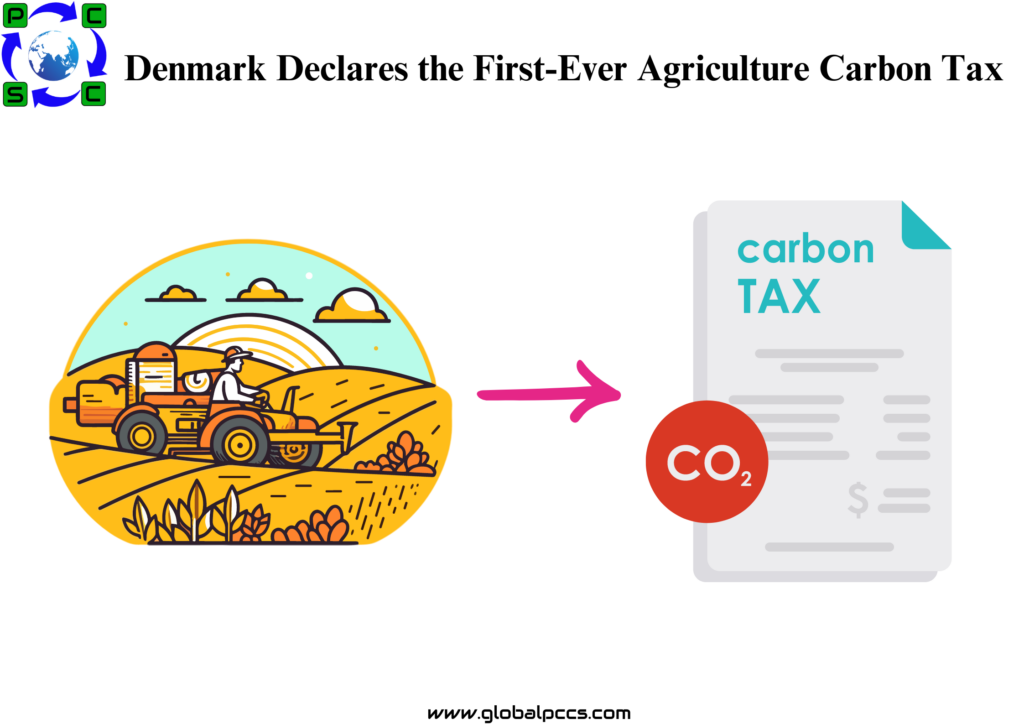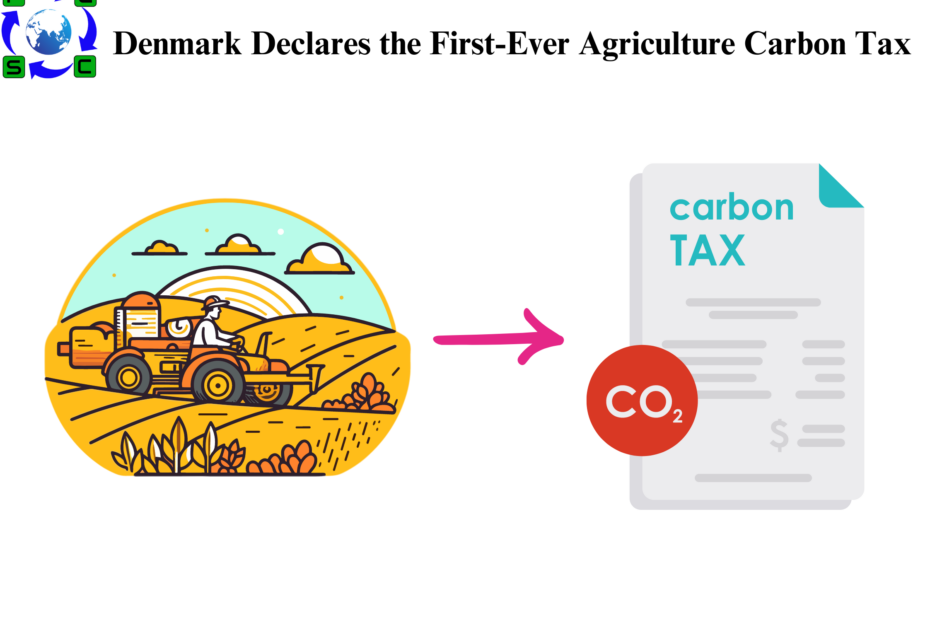 A carbon tax on livestock emissions is among the measures the Danish government outlined to mitigate the effects of the agriculture industry on the environment and climate change. The government, environmental groups, associations in the agricultural sector, and unions are all parties to the new “Green Tripartite” agreement that includes this program.
A carbon tax on livestock emissions is among the measures the Danish government outlined to mitigate the effects of the agriculture industry on the environment and climate change. The government, environmental groups, associations in the agricultural sector, and unions are all parties to the new “Green Tripartite” agreement that includes this program.
Due to its high contribution to global greenhouse gas (GHG) emissions and difficulty in mitigating its effects, agriculture has become a primary emphasis area for sustainability and climate action. The Food and Agriculture Organization of the United Nations reports that although 34% of the protein consumed worldwide comes from meat, milk, and eggs, the total emissions from livestock worldwide account for 14.5% of all anthropogenic greenhouse gas emissions. Along with other sustainability concerns like humane treatment of animals, the livestock industry also confronts a number of additional environmental difficulties, such as deforestation and improper use of land and water.
However, it has been challenging to manage the sector’s environmental impact, mostly because of the expense and impact of laws on farmers. For instance, the recent passing of the Nature Restoration Law in the EU is only one of several significant climate-related measures that have been postponed or modified in recent months as a result of farmer complaints mostly about the expense and effects of environmental laws and regulations.
The government of Denmark has announced a new proposal that would see the first carbon tax on cattle in the world implemented starting in 2030. Livestock farmers will be subject to an effective tax under the new scheme that will start at DKK 120 (USD$17) per ton of CO2e and increase to DKK 300 (USD$43) in 2035.
The government claims that the money raised from the cattle tax would be given back to the industry in 2030–2031 as a transition assistance pool to help the business make the shift to a greener economy. The usage of the money will be reviewed in 2032.
Along with plans to develop 250,000 hectares of forest, the agreement also includes the launch of a new DKK 40 billion (USD$5.7 billion) Green Area Fund, which will support projects like afforestation, low-lying land extraction, and strategic land acquisition. Additionally, a new DKK 10 billion (USD$1.4 billion) biochar storage subsidy scheme will be implemented.








 Authorised IMDS & CDX Training & Consulting partner for
Authorised IMDS & CDX Training & Consulting partner for






